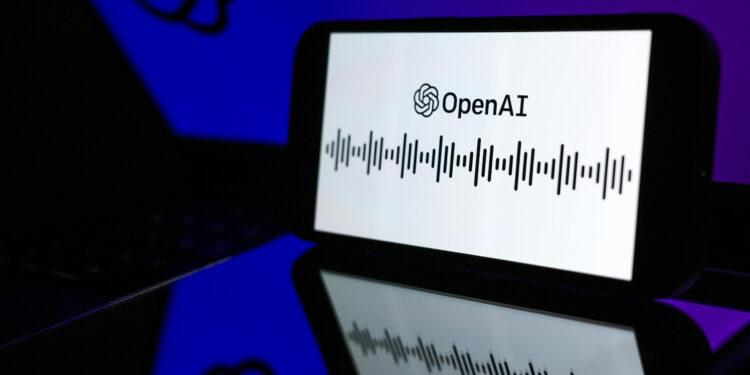Artificial intelligence is advancing rapidly, and while there are reasons to be cautious about the technology, there’s also a lot of good that could come out of it. This positive potential is exemplified by Alexis “Lexi” Bogan, a 21-year-old who lost her voice due to a life-threatening brain tumor. Thanks to AI-generated voice cloning, she has regained the ability to communicate.
Doctors at Rhode Island’s Lifespan hospital group used technology from OpenAI — the company behind ChatGPT — to replicate Bogan’s voice from a 15-second recording of her talking as a teenager. This synthetic voice, which sounds remarkably like Bogan’s original one, allows her to communicate more easily through an app on her phone.
Bogan shared with the Associated Press that this technology has helped boost her confidence “to somewhat where it was before all this happened.” She added: “Even though I don’t have my voice fully back, I have something that helps me find my voice again.”
Neurosurgery resident Rohaid Ali sees Bogan as a “trailblazer” for this developing technology, which could greatly benefit millions of people living with speech impediments due to strokes, cancer, or neurodegenerative diseases.





















I don’t think the title of your article matches the content lol. Just kidding, mainly because I had some doubts after reading the article.
I don’t think the title of your article matches the content lol. Just kidding, mainly because I had some doubts after reading the article.
Your point of view caught my eye and was very interesting. Thanks. I have a question for you.
Thank you for your sharing. I am worried that I lack creative ideas. It is your article that makes me full of hope. Thank you. But, I have a question, can you help me?